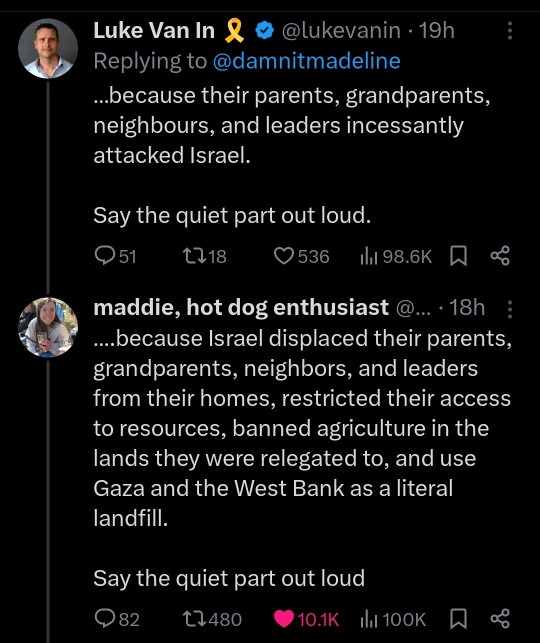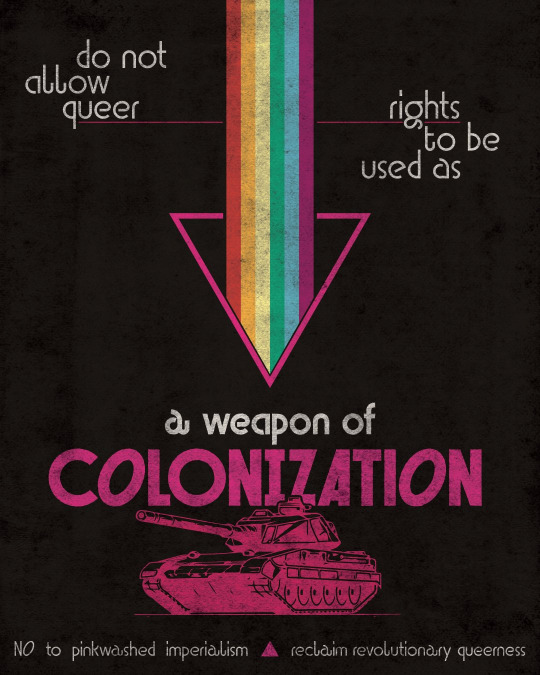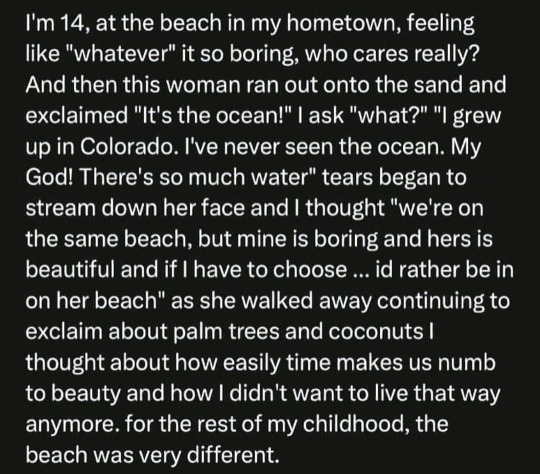Text
do not forget the patron saint of these weeks that we celebrate ourselves proudly and openly in the streets

her name was Marsha P Johnson, and we have her to thank for so much.
remember, the first Pride was a riot, and she was one of the brave souls who endured it to help carve the path which so many of us walk today. she helped found several activist groups regarding LGBT safety and wellbeing. and she was absolutely radiant, too.
thank you, Marsha. we remember you.
131K notes
·
View notes
Text
It's cynically ironic how trans people are on the one hand expected to trace their transness back to their childhood in order to be taken seriously, while we're on the other hand repeatedly told that children are supposedly "too young" to think about such matters.
20K notes
·
View notes
Text
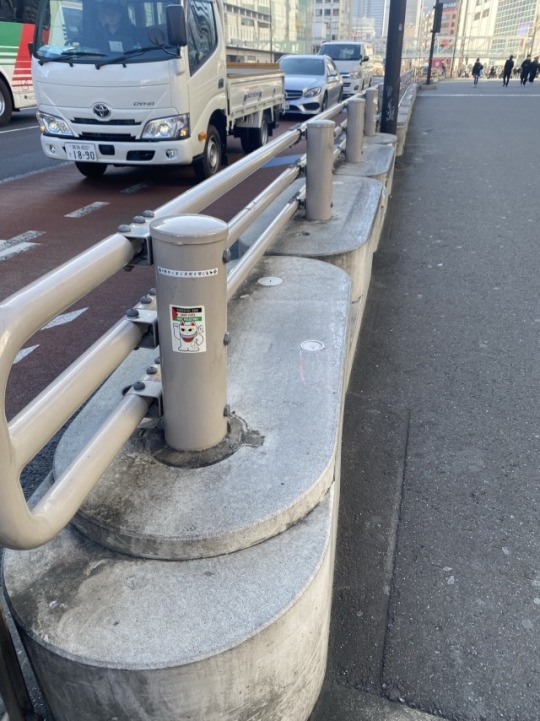
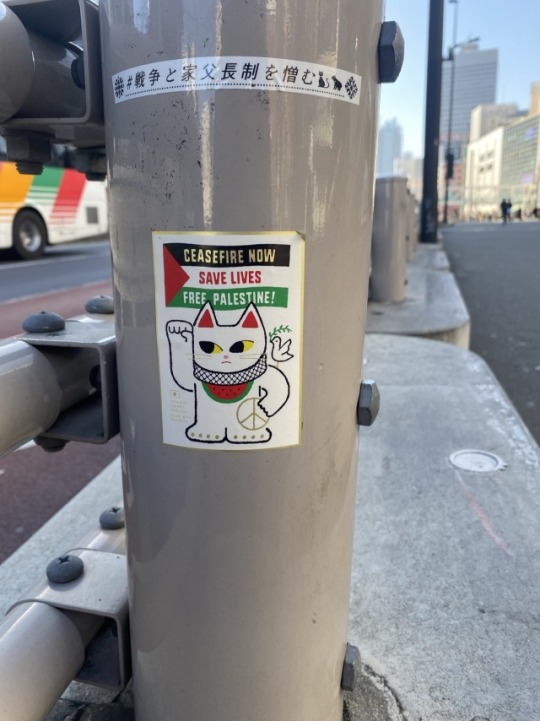
Back today with something different: some stickers spotted near JR Shinjuku Station. The top one reads #戦争と家父長制を憎む.
戦争 [せんそう] means war.
家父長制 [かふちょうせい] means patriarchy.
- To break down a big word, sometimes it's best to start with a suffix. 制 (which is new to this blog) means system, law, or rule. It is always read セイ.
- Next, the first character, 家, means one's home or family. The second, 父, means father. Combine them and you get 家父 [かふ], meaning one's father (not commonly used in speech).
- Finally, 長 can mean chief, leader, or head. Combine it with 家父 to get 家父長 [かふちょう], meaning patriarch.
- Putting it all together, 家父長制 means a system of patriarchy, or a system run by the father/men.
憎む [にく.む] is the verb to hate or detest.
How best to translate the whole statement is pretty context dependent. "[I] hate war and the patriarchy" is faithful, but decidedly milquetoast wording for an act of protest. I think we can say that the spirit of the statement is more along the lines of "Fuck war and the patriarchy." (And "fuck ___" doesn't really translate directly, so that may have been what they had in mind anyway...?)
The other sticker shows a 招き猫 maneki-neko (beckoning cat or lucky cat) beneath a Palestinian flag, whose stripes read "Ceasefire now / Save lives / Free Palestine!"
The cat's right paw is drawn to look like a raised human fist. On his left side, there's a dove holding an olive branch perched on his shoulder and he has a peace sign in his paw. He's wearing a collar with a keffiyeh pattern and its tag(?? I think) is a watermelon.
(Also, the colors of the sticker perfectly match the bus driving by in the background, which is very pleasing to me. Even the cat's eyes are accounted for!)
380 notes
·
View notes
Text
"Hahaha people used to be so weird about ankles", laughed the person who thinks that a woman's breasts being visible is tantamount to "sexual harassment."
43 notes
·
View notes
Text
火火火火火火火火火火火火火火火火
火炎炎炎炎炎炎炎炎炎炎炎炎炎炎火
火炎焱焱焱焱焱焱焱焱焱焱焱焱炎火
火炎焱燚燚燚燚燚燚燚燚燚燚焱炎火
火炎焱燚 this 燚焱炎火
火炎焱燚 is 燚焱炎火
火炎焱燚 fine 🐶 燚焱炎火
火炎焱燚燚燚燚燚燚燚燚燚燚焱炎火
火炎焱焱焱焱焱焱焱焱焱焱焱焱炎火
火炎炎炎炎炎炎炎炎炎炎炎炎炎炎火
火火火火火火火火火火火火火火火火
852 notes
·
View notes
Text
Today I learned about the following Japanese words
晴れ女 (はれおんな), a woman who causes the weather to become sunny when she goes out
晴れ男 (はれおとこ), a man who causes the weather to become sunny when he goes out
雨女 (あめおんな), a woman whose presence causes rain
雨男 (あめおとこ), a man whose presence causes rain
I decided to create a fifth one:
天気の友 (てんきのとも), your nonbinary friend who is always prepared for whatever weather they might face. Rain coat, mittens, zip-off pants, you name it. They're prepared.
For illustrative purposes:
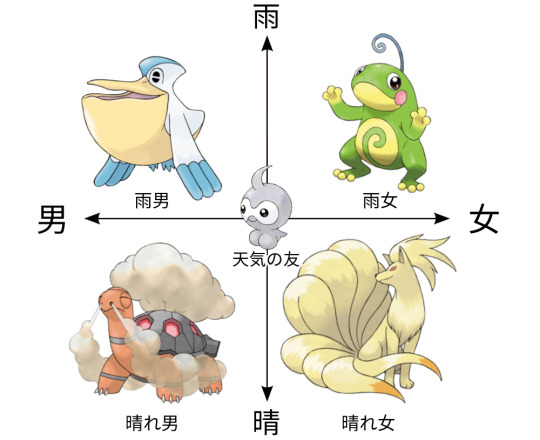
#meme#japanese language#pokemon#pokemon meme#politoed#ninetales#castform#torkoal#pelipper#learn japanese#language learning#japanese vocabulary#ポケモン
428 notes
·
View notes
Text

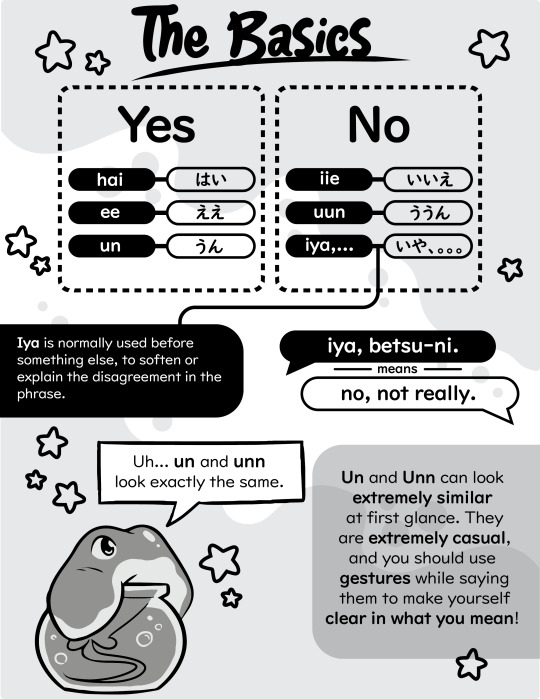
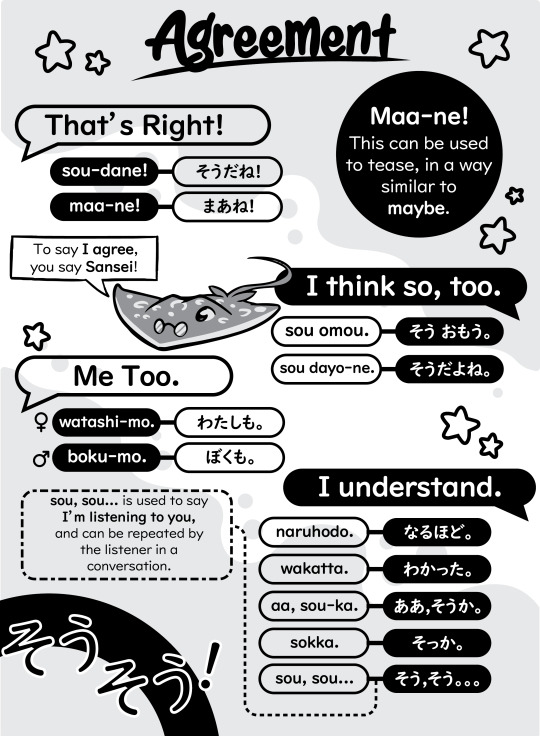


2K notes
·
View notes
Text
しごでき
abbreviation for 仕事が出来る (しごとができる), 仕事が出来る人 (しごとができるひと)
"hard working person" abbreviation, slang
しごでき風に見せたい日もあれば、洒落感や女っぽさが欲しい日もある。
しごでき ふう に みせたい ひ も あれば、しゃれかん や おんなっぽさ が ほしい ひ も ある。
There are days when you want to look like you've been working hard, and other days where you want to be stylish and feminine.
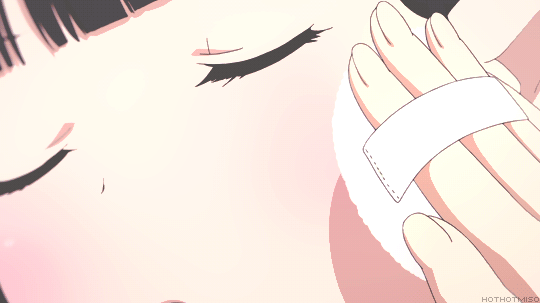
29 notes
·
View notes
Text
て form song
There are so many て form songs on YouTube, but this is the one I learned in class a couple of years ago and I couldn't find the exact one. So I'm recording it for backup purposes in case my memory fails me.
うつる->って
ぶむぬ->んで
く->いて ぐ->いで
す->して
くる->きって
する->して
例外 (れいがい)→行って
For る verbs like 食べる, all you do is replace る with て so no need to memorize.
I wonder how everyone else learned their て forms 🤔
72 notes
·
View notes
Text
it's poor form to air your petty grievances with someone when it comes out they did something actually bad. save that for companies, like when you learn duolingo removed kanji from its beginner's japanese courses as part of their collab with crunchy roll
23K notes
·
View notes
Text
お知らせや案内を読もう
Vocabulary for reading notices and information.
お知らせ おしらせ notice; notification
案内 あんない guidance; information; notice
日時 にちじ date and time (of a meeting, notice, etc.)
上旬・初旬 じょうじゅん・しょじゅん the first 10 days of the month
中旬 ちゅうじゅん the middle 10 days of the month
下旬 げじゅん the last 10 days of the month
第#〇曜日 だい#〇ようび the #nd/th 〇day of the month
(e.g. 第2月曜日 = だいにげつようび = the second Monday of the month)
年末年始 ねんまつねんし the year-end and the beginning of the New Year (usually holidays in which businesses and the government are closed)
正午 しょうご noon
祝日 しゅくじつ national holiday
休館日 きゅうかんび day on which a museum, library, etc. is closed; closed day
ただし however (used when an exception is given)
「だだし、…」 は例外と言うとき
なお further (used when an explanation is added)
「なお、…」 は説明をつけくわえるときに使います
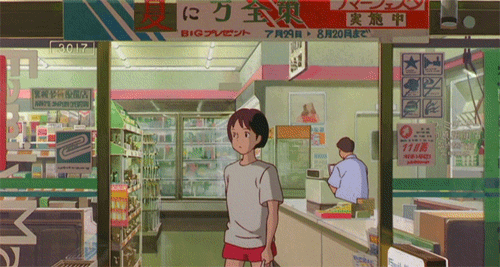
向かい むかい across from/opposite
ななめ向かい ななめむかい diagonally opposite
向こう むこう across from/opposite/beyond
手前 てまえ before
角 かど corner
四つ角 よつかど crossroads
交差点 こうさてん intersection
有料駐車場 ゆうりょうちゅうしゃじょう paid parking lot
つきあたり the end of
前方 ぜんぽう ahead
後方 こうほう behind
右折する うせつする to turn right
左折する させつする to turn left
徒歩 とほ on foot
面している めんしている facing
一方通行 いっぽうつうこう a one-way street
横断歩道 おうだんほどう a pedestrian crossing; crosswalk
155 notes
·
View notes
Text
大草原不可避 : Keyboard smashing in Japanese
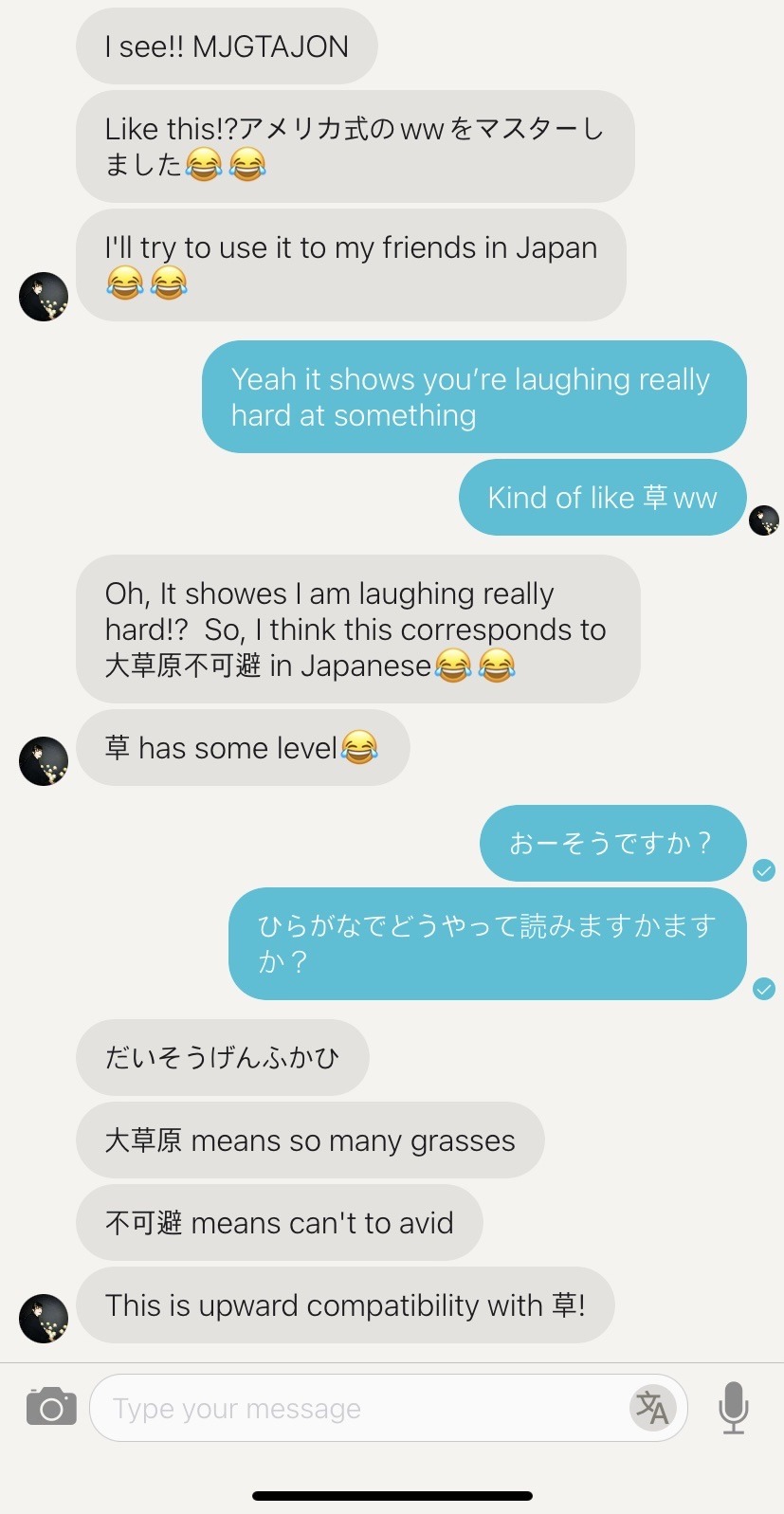
I explained how keyboard smashing in English expresses laughing really hard and she taught me the Japanese equivalent in return!!
As some of you might know, in Japanese, “w” from the word “to laugh” 笑う 「わらう」 is basically like “lol” in Japanese so when there’s a bunch of “w”’s together it looks like this wwwwwwwwwwwwwwwwwwwwww
and it looks like a bunch of grass so one slang word to show something is funny is 草 「くさ」 which is the word/kanji for grass so you don’t have to type out a bunch of w’s.
So the step up from 草 is 大草原 「だいそうげん」 which means prairie since there’s a lot more grass.
And if something leaves you laughing so much that you can’t hold it back you could say 大草原不可避 「だいそうげんふかひ」 which basically means “inevitable prairie”.
The “inevitable part”, 不可避 「ふかひ」 in this phrase means laughter is inevitable and you can’t help but laugh.
37K notes
·
View notes
Text
48K notes
·
View notes

